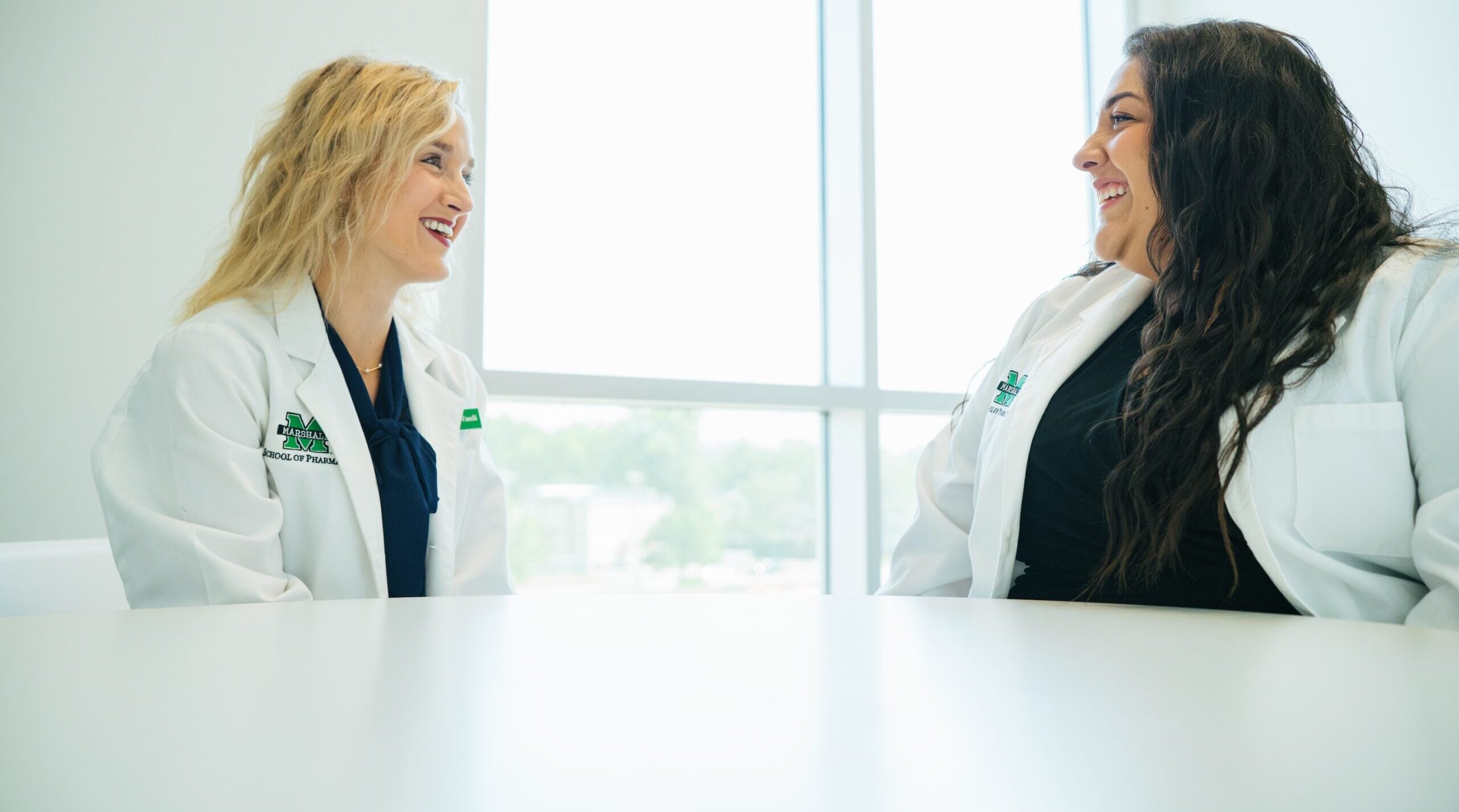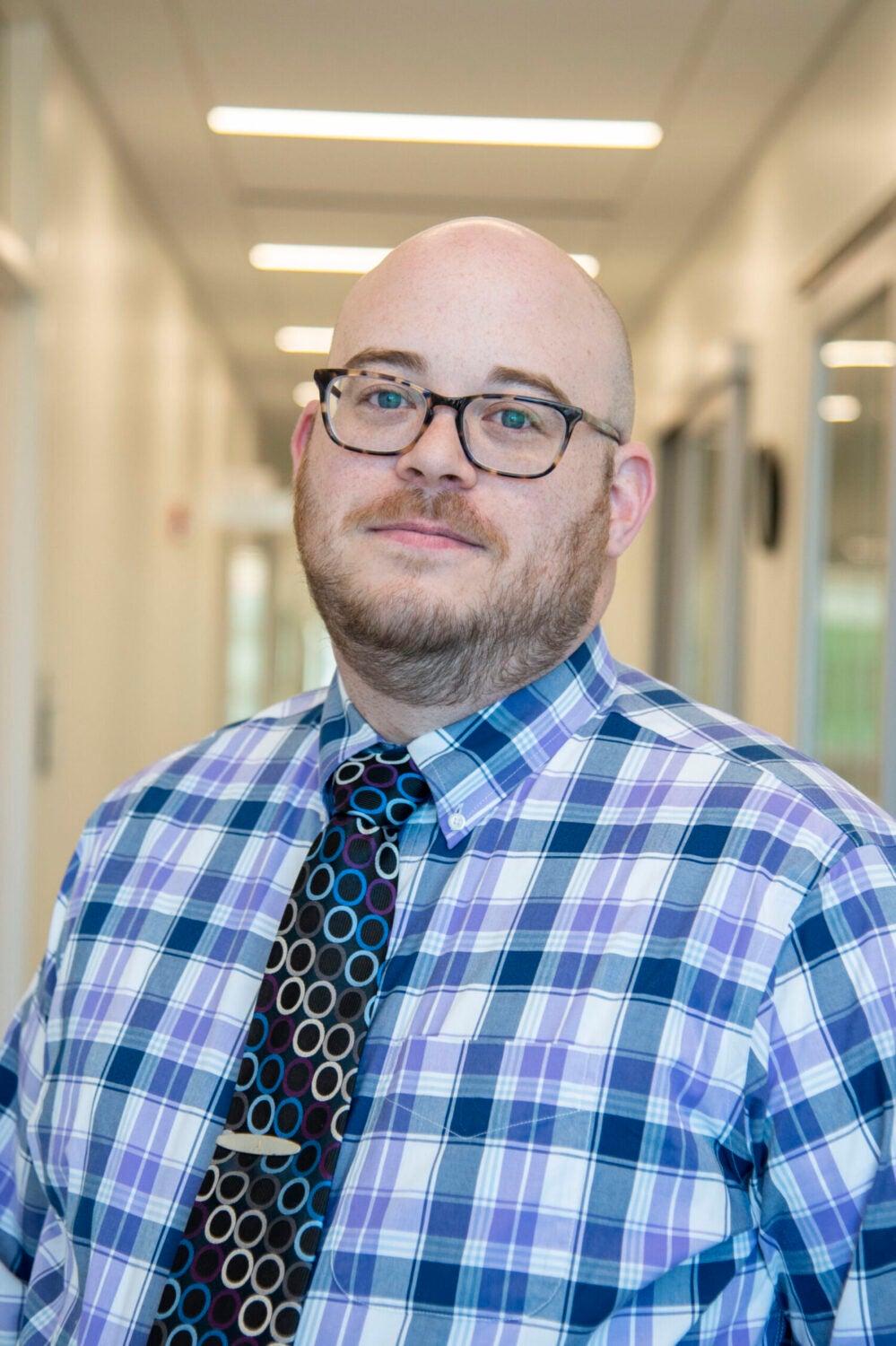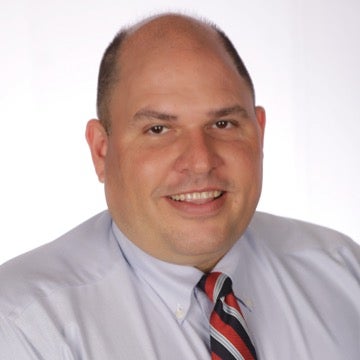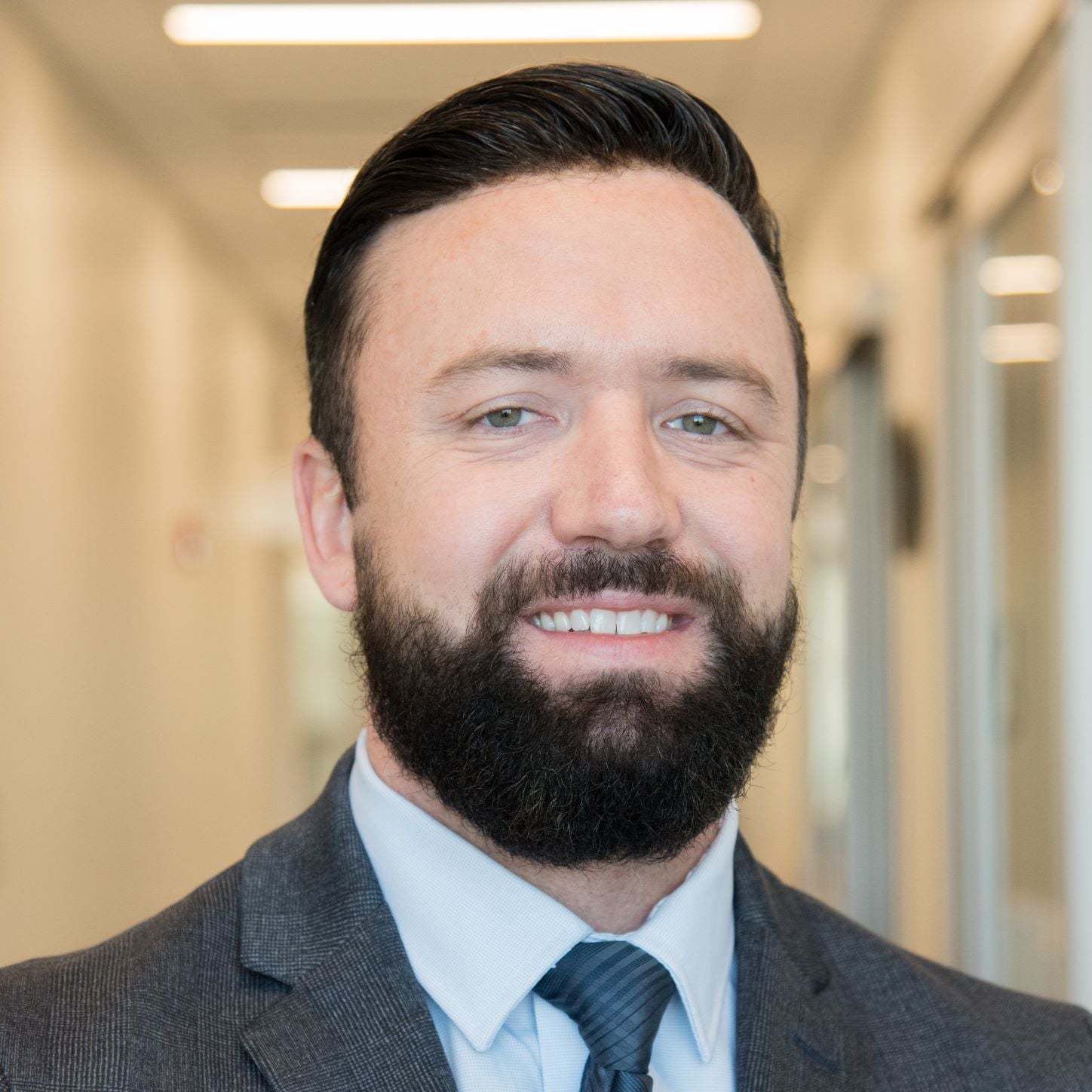
School of Pharmacy Experiential Learning & Continuing Education
The Office of Experiential Learning manages the practice component of the Pharmacy Professional Program curriculum. Its goal is to enhance students’ attitudes, skills and knowledge through experiential learning to prepare them to provide pharmaceutical care.
At the Marshall School of Pharmacy, students begin introductory practice experiences in the second semester of their first year, enhancing their active learning in the classroom with concurrent real-life experiences.
Experiential learning is divided into two types: Introductory Pharmacy Practice Experiences and Advanced Pharmacy Practice Experiences. The introductory components are completed throughout the students’ first three professional years. The fourth professional year consists entirely of advanced practice rotations in the field. The IPPE and APPE courses reflect what the student has learned in the didactic curriculum and is reflected within the experiential course descriptions.
Explore our Interactive Map of Advanced Pharmacy Practice Experience (APPE) rotation site cities.
Preceptors fulfill a vital role in pharmacy education. These professionals work with students in real world settings to ensure that students gain not only textbook knowledge, but also develop skills through hands on learning experiences. Our students begin working with preceptors in their first year and continue throughout their professional program. Working with preceptors is a vital and core part of the pharmacy curriculum.
If you are willing to share your knowledge to help build the future of pharmacy education, please contact our office.
ELVIS LOGIN
Preceptor Access, please contact Nick Adams for a “Banner Partner Form.” You can then login to ELVIS with the credentials provided once approved. Click Here to access ELVIS, the Marshall University School of Pharmacy’s student and preceptor resource portal.
Preceptors Access to Experiential Learning Documents
To access current experiential education documents such as syllabi, written copies of assessments, orientation documents, workbooks, etc., please log in to one of the following:
- CORE ELMS
You will need a username and password to login to CORE ELMS. Please contact the Office of Experiential Learning if you do not have an account set up through Marshall University School of Pharmacy. - www.rxpreceptor.com
The Marshall University School of Pharmacy has been an ACPE-accredited provider of continuing education since 2019. The Office of Continuing Education and Professional Development is operated by the Continuing Education Specialist.
The Office of Continuing Education and Professional Development offers sponsored and co-sponsored programs with local institutions in the tri-state area. We have a target audience of pharmacists and pharmacy technicians.
The majority of activities are knowledge-based and generally one to two hours in length. However, all three programming types are available (knowledge-, application- and practice-based). Since we are a West Virginia school, we strive to have the majority of our activities live, as it is a required component for West Virginia licensure renewal for pharmacists.
The Office of Continuing Education and Professional Development is always looking for opportunities to create high-quality educational activities to meet the needs of the pharmacists and pharmacy technicians in the tri-state area. In addition, we are diligently working to develop online programs to meet the overwhelming demand for this type of delivery in the profession of pharmacy.
The American Pharmacists Association is accredited by the Accreditation Council for Pharmacy Education as a provider of continuing pharmacy education. APhA’s Pharmacy-Based Immunization Delivery certificate training program is approved for a total of 20.0 contact hours of continuing pharmacy education (CPE) credit (2.0 CEUs). The ACPE Universal Activity Numbers (UAN) for this activity are listed below. Successful completion of the self-study component involves passing the self-study assessment with a grade of 70% or higher and will result in 12 contact hours of CPE credit (1.2 CEUs). ACPE UAN: 0202-0000-22-009-H06-P / 0202-9999-22-009-H06-P Successful completion of the live seminar component involves attending the full live seminar, successfully completing the injection technique assessment, and completing the online assessment and evaluation. Successful completion of this component will result in 8 contact hours of CPE credit (0.8 CEU). ACPE UAN: 0202-0000-20-180-L06-P / 0202-9999-20-180-L06-P To obtain 20.0 contact hours of CPE credit (2.0 CEUs) for APhA’s APhA’s Pharmacy-Based Immunization Delivery certificate training program, the learner must complete all components listed above, and CLAIM credit for each component. Participants will need to have a valid APhA (pharmacist.com) username and password, as well as a CPE Monitor account to claim credit. After credit has been claimed, please visit CPE monitor for your transcript. The Certificate of Achievement will be available online upon successful completion of the necessary activity requirements on the participant’s My Training page.
Our Mission
To provide high-quality educational activities to underserved areas of the tristate and southern West Virginia, which engage pharmacy professionals and enhance their knowledge, skills and abilities relating to evolving changes in the healthcare industry.
Our Vision
We are…Marshall!
We are…leaders in innovation, education, practice and research!
We are…the future of pharmacy education!
Types of Continuing Education Offerings
Substance Use Disorder CE Series
Marshall University School of Pharmacy (MUSOP) Substance Use Disorder (SUD) Series is an eight-module certificate program designed to provide healthcare professionals with the knowledge necessary to provide optimal care for patients with SUD. Additionally, licensed West Virginia Pharmacists are able to obtain Accreditation Council for Pharmacy Education (ACPE) continuing education (CE) credit for completing the program. Participants will be eligible to earn up to six credit hours (0.6 CEUs) of ACPE-accredited continuing education.
This content is password protected. Please request password from Dr. Craig Kimble, craig.kimble@marshall.edu.
Rotations are simply hands-on experiences in pharmacy. This gives you the opportunity to use what you’re learning in the classroom immediately in practice. It will be time where you will be supervised in a real-life environment practicing pharmacy a few times a semester off-campus. Your supervisor is called a preceptor and will assess you for a grade.
You will hear these terms frequently in pharmacy school. An IPPE is an Introductory Pharmacy Practice Experience, which places you in a community or institutional (hospital) setting for several weeks in your first, second, and third year. Your third year is the last year of your didactic classroom work. An APPE is an Advanced Pharmacy Practice Experience, which puts you in eight 5-week rotations in your fourth year.
Yes. You will receive all hours needed for state licensure (in Kentucky, West Virginia and Ohio) within the design of the PharmD curriculum. You will not need to complete hours outside of the program.
IPPE rotations are typically located in community (retail) pharmacy and institutional (hospital) settings in your first two years. Your third year, you branch out into additional pharmacy settings such as geriatrics (nursing home, hospice care). Geographically, we do not send our students far for these rotations. You will likely experience time in Kentucky, Ohio and West Virginia within an hour radius.
Possibly. If the Office of Experiential Learning already has a preceptor in that area to host you, then you can request that individual. If they do not, then you will need to speak with the office far in advance of your fourth year to develop a site rotation in that area. If you have someone in mind, you will need to work with the Office of Experiential Learning to have the preceptor fill out the necessary paperwork and undergo the necessary training to host you. Students will not be allowed to have parents precept them for pharmacy school credit.



